India's Decision Review System (DRS) struggles have become one of the most talked-about issues at the ICC Women's Cricket World Cup 2025. Despite being experienced with DRS, the Indian team has shown unusual indecision and inconsistency, leaving fans and analysts frustrated. The team has taken 11 bowling reviews in the tournament, but only three have been successful, resulting in a 73% failure rate—the worst of any participating nation.
The confusion on the field has been particularly visible during matches against England and Pakistan, where India missed several crucial review opportunities. Missed LBWs, delayed review calls, and miscommunication between the captain, wicketkeeper, and bowlers have often cost India key wickets and momentum in matches. These incidents show that DRS, intended as a tactical advantage, has instead become a source of frustration for the team.
From the early matches to the more recent fixtures, India's handling of DRS reflects deeper issues with decision-making under pressure. While the technology is well-understood, emotional responses, time constraints, and inconsistent communication have repeatedly led to missed chances. The recurring indecision has drawn criticism from fans, commentators, and former players, highlighting the need for better protocols and in-game strategy.
India's Bowling Review Record: A Tournament Low
India has taken 11 bowling reviews, the most of any team so far in the tournament. Out of these, eight were unsuccessful, giving them a 73% failure rate. Only three reviews were successful, making their conversion rate the lowest among all teams and reflecting a troubling trend in strategic execution.
Notable incidents include the LBW chance against Tammy Beaumont in the England match, which went unreviewed and could have resulted in a key wicket. In the Pakistan match, India lost a review on a caught-behind appeal that was not even close, and they missed three LBW calls in the first ten overs, all of which would have been out.
The aggressive early appeals often left India hesitant to use their remaining reviews, causing missed opportunities at critical moments. These patterns have highlighted the importance of review strategy, which the team has struggled to implement effectively.
Captain Harmanpreet Kaur's Role in DRS Decisions
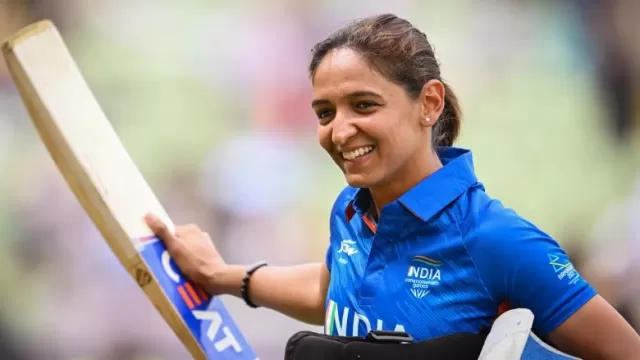
Harmanpreet Kaur, as captain, has a central role in deciding when to use DRS. However, her fielding positions—often at cover or mid-off—limit her direct view of stumps, which can make judging LBW appeals challenging. This positional disadvantage has contributed to several missed review opportunities.
During the England match, Kaur's frustration was visible as she gestured to wicketkeeper Richa Ghosh to focus on line-of-stump decisions. Despite her guidance, the timing of the review was mismanaged, and the chance was lost. The incident highlighted how emotional and high-pressure situations can affect DRS decisions, even for experienced players.
Leadership on the field requires instant judgment and coordination with bowlers and wicketkeepers. The repeated miscommunication in DRS calls emphasizes the need for structured protocols to ensure that captains can make effective decisions under pressure.
Wicketkeeper Richa Ghosh's Influence
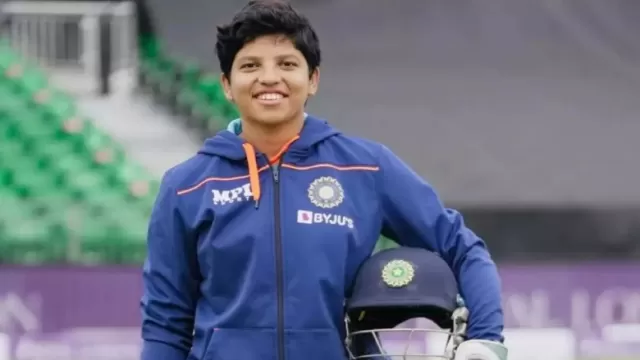
Richa Ghosh, as the wicketkeeper, plays a vital role in advising the captain on possible reviews. Her positioning behind the stumps should ideally provide accurate information on LBW and caught-behind appeals, but inconsistencies in judgment have created challenges for India.
In the South Africa match, Deepti Sharma was given out caught behind, but the review was delayed because Ghosh did not signal immediately. Similarly, against England, Harleen Deol's LBW dismissal was not reviewed because the timer expired before the batter could request it, demonstrating how human error and lack of coordination can affect outcomes.
These mishaps show that even with DRS familiarity, precise timing and effective communication are essential. The team’s reliance on individual judgment without a clear structured process has repeatedly caused confusion.
Critical Missed Opportunities
Several matches have highlighted India's indecision with DRS. The unreviewed LBW of Tammy Beaumont against England was a major missed opportunity. In the Pakistan match, the team failed to utilize DRS on three LBW calls and lost a review on a caught-behind appeal that was not even close.
These missed chances have had a direct impact on match outcomes, often allowing the opposition to build partnerships and shift momentum. The high-pressure environment, combined with time constraints and miscommunication, has led to repeated errors in DRS usage.
Consistently failing to capitalize on reviews also impacts team morale, as bowlers and captains witness potential wickets being wasted. Over time, this can undermine confidence in making strategic decisions during high-stakes games.
Batting Reviews and Technology Mishaps
India's challenges with DRS extend to batting as well. Deepti Sharma successfully reviewed herself when given out caught behind against South Africa, but Amanjot Kaur failed to act in time in a similar situation. In another instance, Harleen Deol's LBW against England was not reviewed because the timer ran out before the batter could initiate the review.
These incidents highlight that even with extensive experience using DRS, errors in judgment and timing continue to cost India valuable opportunities. The technology is effective only when players are alert and coordinated, which has not consistently happened.
Training and preparation for review timing, along with better awareness during matches, could help India reduce these errors. Emphasis on a structured review protocol could prevent repeated mishaps in future games.
Lessons and the Road Ahead
India's struggles with DRS highlight gaps in decision-making and team coordination. Despite being one of the more experienced teams in using technology, errors continue to surface due to pressure, communication lapses, and emotional responses.
Going forward, the team management will need to implement clearer protocols for reviews, ensuring that captains, wicketkeepers, and bowlers are aligned during high-pressure situations. Structured decision-making could transform DRS from a source of frustration into a strategic advantage.
Mastering DRS is especially crucial in tournaments like the World Cup, where small margins can determine outcomes. Effective usage could significantly enhance India’s competitiveness and help maximize their chances of advancing in the tournament.
Also Read: Why India Chose Nitish Reddy & Sundar Over Kuldeep Yadav?


Disclaimer
Possible11 is a sports news and analysis platform designed purely for entertainment and educational purposes. All match previews, player insights, and team analyses are based on publicly available information and expert opinions. We do not promote or support betting, gambling, or real-money gaming in any form. Users are encouraged to enjoy our content responsibly and use it for informational purposes only.
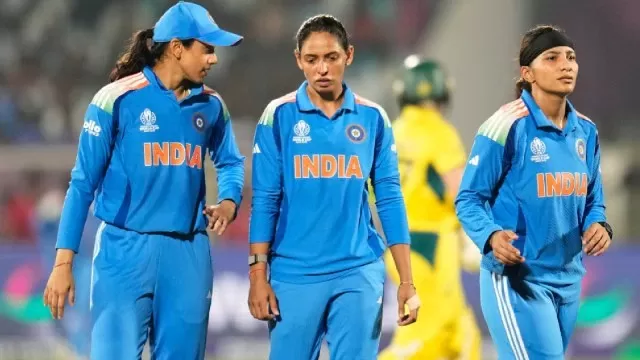
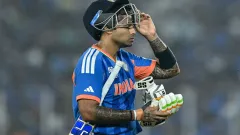

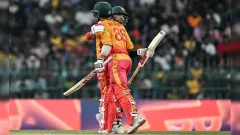


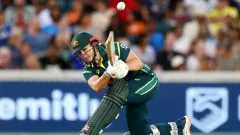


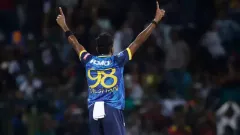
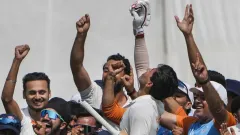



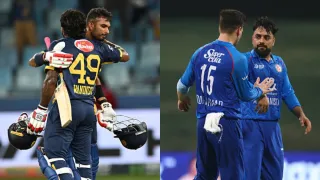



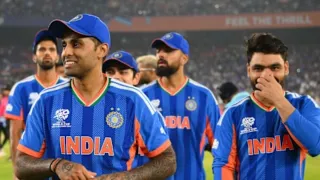
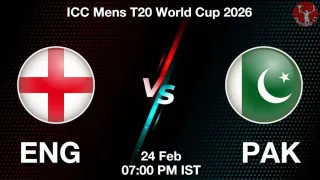
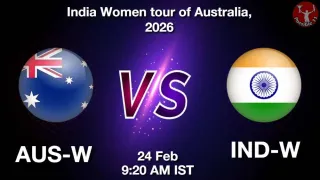
Give Your Feedback